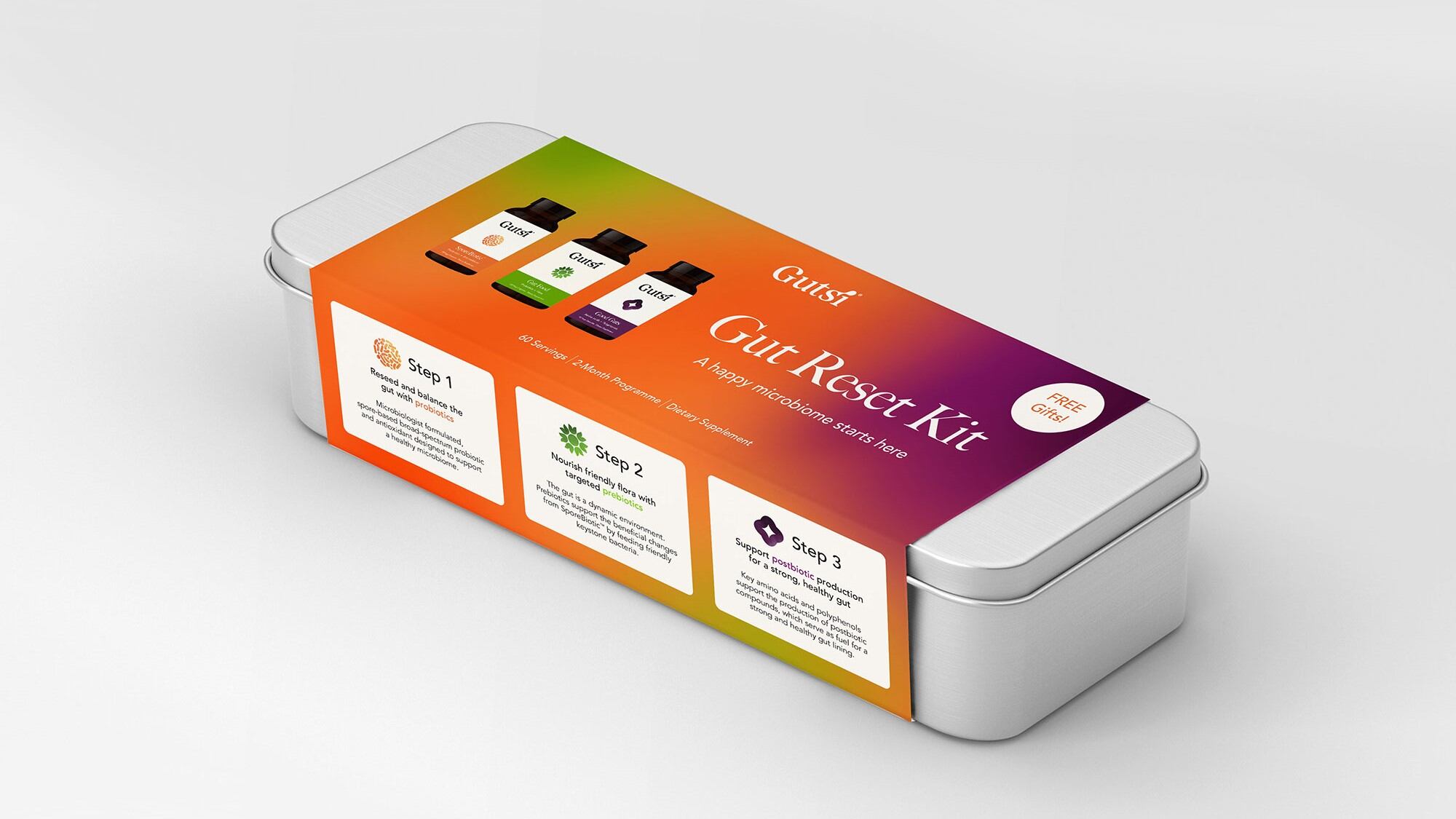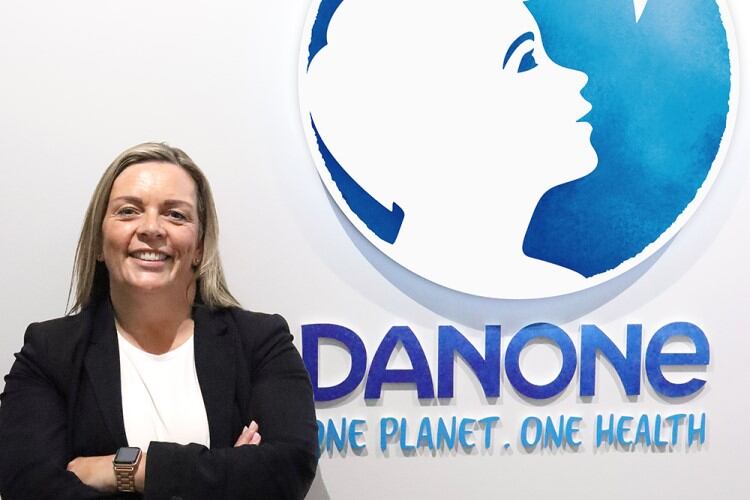From mobile gaming to nutrition: South Korea’s Monolabs to launch personalised nutrition services in China via WeChat
South Korea’s Monolabs, which has its roots in mobile gaming, is launching its personalised nutrition service ‘I AM’ into China via the messaging mobile app WeChat, making the country its first overseas personalised nutrition market.
Speaking to NutraIngredients-Asia at the Singapore Week of Innovation and Technology (SWITCH) event, Lauren Koo, chief business officer said that the company would be bringing its personalised nutrition services into China from December 2023, making China its first overseas market.
The services would be available through a WeChat mini app, where consumers could access and answer the questionnaire through the app.
Self-care solutions: Haleon to focus on personalised healthy ageing and gut microbiome products
Haleon is aiming to develop personalised self-care solutions, including health supplements and digital wearables, for supporting areas such as healthy ageing, cognitive health, women’s health, gut microbiome, and general wellbeing.
This is part of the company’s efforts in meeting growing consumer interest in self-care and bespoke solutions.
“With the availability of healthcare information, consumers are more educated and savvier in taking care of their own health. As a result, they are pro-actively looking for bespoke solutions that are customised for their individual health needs. This is a rising trend, and we are definitely very interested in working in this area,” Alicia Ng, vice-president, head of R&D, wider Asia, Haleon told NutraIngredient-Asia.
From mass customisation to individualisation: How automation, supply chain management, 3D printing can drive personalised nutrition forward
Personalised nutrition could progress from mass customisation to full personalisation as companies leverage on factory automation, supply chain management, and 3D printing to increase the efficiency of providing customised products.
Today, most personalised nutrition services group consumers into different categories based on their health screening results and have yet to provide 100 per cent full personalisation.
In this case, Singapore’s 3D-printing firm Craft Health, which provides solutions for both pharmaceutical and nutraceutical firms, believes that 3D printing could be useful in offering personalised solutions.
Nestle on personalised nutrition: Innovators need to consider the whole ecosystem, not just products
Personalised nutrition innovators need to better consider the entire ecosystem spanning health data collection and analysis, alongside new products, says an industry expert from Nestle.
This will then lead to what Dr Jorg Hager, expert in genetics and nutrigenomics at Nestle Institute of Health Sciences, calls the “virtuous cycle of personalised nutrition”.
He was speaking at our Growth Asia Summit on the topic “Providing the right food for diverse consumer needs and benefits: Precision nutrition from a product perspective.”
Precise staples: China’s MOODLES believes 3D printing staple foods with precise nutrients is the way forward
Chinese 3D food printing firm MOODLES believes 3D printing needs to be efficiently incorporated into the production of personalised nutrient-rich staple foods that consumers will eat on a daily basis if the sector wants to grow locally.
Although 3D printed foods have been touted for several years as the way forward for precision nutrition and food customisation, many firms looking to specialise in this area have hit significant roadblocks in terms of technology, pricing and demand volumes, including in China.
“It is true that Chinese consumers want more precise nutrition in their products, as well as to ensure that these are clean with no additives or artificial colours, flavours or added sugars…3D food printing is able to satisfy all of these requirements, and indeed many consumers are looking towards high technology products in order to get all of their requirements met – but there is still a gap in terms of getting them to transition from traditional foods,” said MOODLES founder Peiran Zhu.





